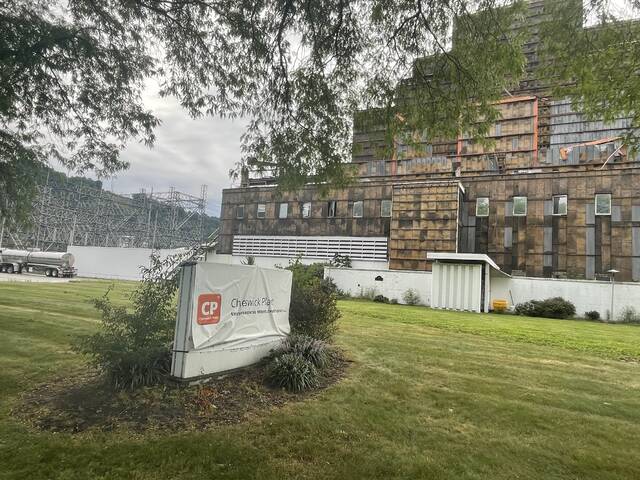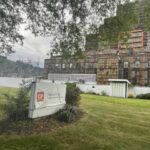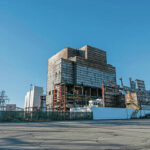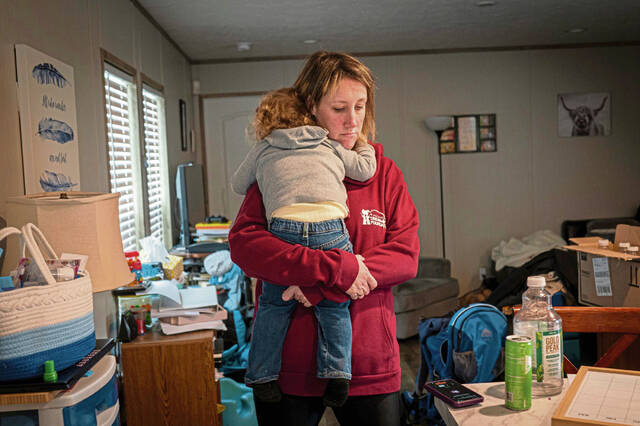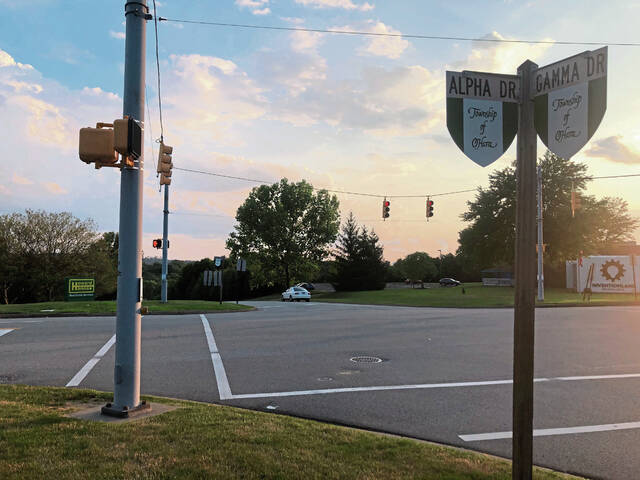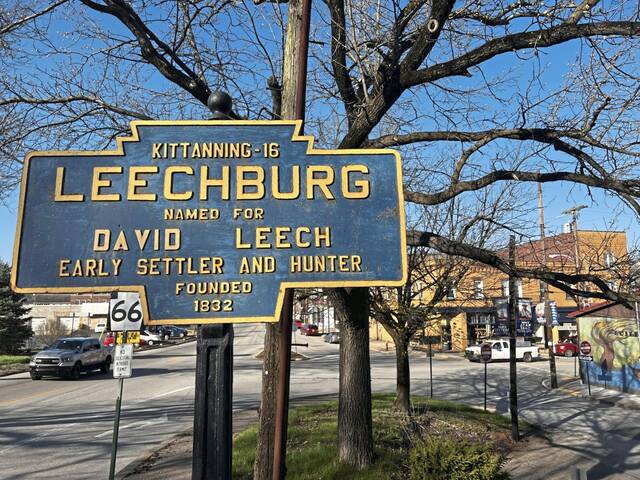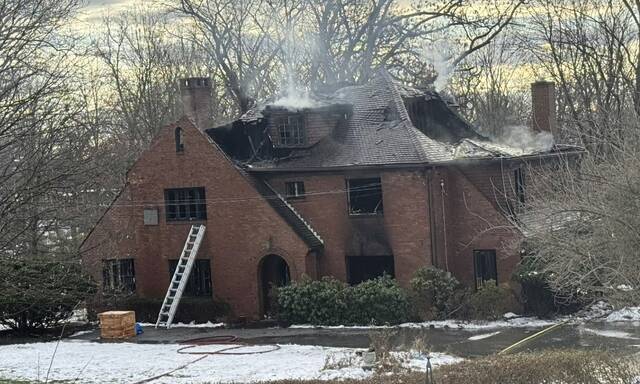Attorneys representing the residents seeking to block an implosion of the boiler house say they’re “thrilled” with a recent court decision that sets procedure before the demolition can be considered.
“The court determined that the plaintiffs were all harmed by the June 2 implosion, suffering harm to their homes, damage to the personal property within the home, immediate personal injuries, and that they were exposed to contaminants that increased their risk of further future harm, such as cancer,” said John Kane, attorney for the residents. “The court determined that the planned implosion of the boiler house, as suggested by defendants, would harm plaintiffs in ways similar to the June 2 implosion.”
That’s part of the order from Allegheny County Common Pleas Judge John T. McVay Jr., who has presided over a case in which 16 Springdale residents tried to stop an implosion using explosives of the boiler house at the former Cheswick Generating Station.
McVay’s order, issued Sunday, requires the state’s Department of Environmental Protection and the Allegheny County Health Department to take a second look at the proposed boiler house implosion and help formulate a plan for its safe demolition.
As part of their argument to stop the implosion, the residents alleged that the June 2 implosion of two smokestacks at the site caused damage to their health, their properties and the community. They said that allowing the boiler house to be imploded would cause additional harm.
Defendants in the case — property owner Charah Solutions, demolition contractor Grant Mackay Co. and explosives subcontractor Controlled Demolition Inc. — contend implosion is the safest way to demolish the boiler house with respect to the community because it will shorten the duration of exposure to demolition dust and noise.
The companies also claimed the residents didn’t meet six points necessary for an injunction to be granted, and they asked that the injunction be dissolved. However, McVay granted the preliminary injunction and denied the defendants’ motion to dissolve it. But he also denied a request from the residents to permanently block the use of explosives.
As part of his order, the plaintiffs, Controlled Demolition, Grant Mackay and Charah are to meet and discuss a joint comprehensive safety plan for the implosion of the boiler house and reach an agreement within nine days. That plan must be submitted to the DEP and the county health department for their review and input, and both entities are requested to attend and participate in a public meeting on the matter.
The DEP should condition the approval of the blasting permit on meeting all terms in the safety plan, as well as any other requirements believed necessary to safely implode the boiler house. A public meeting will provide the plaintiffs, and other residents, the opportunity to make comments on the safety plan, according to the order.
Once the plan is submitted, and after the public meeting is held, the parties will request a hearing for McVay to dissolve the injunction.
The DEP is reviewing the court order, said agency spokeswoman Lauren Camarda. She said the order does not require the DEP or the health department to take any actions because those agencies were not parties to the litigation.
“The court’s order requires the plaintiffs and defendants to meet before any future blasting application is submitted to DEP, and DEP intends to promptly and thoroughly review any blasting permit application and joint comprehensive safety plan that are submitted after that meeting,” Camarda said. “Additionally, DEP personnel plan to attend the public meeting referenced in the court order.”
The health department had no comment on the court order.
Attorneys for CDI and Grant Mackay didn’t return a request for comment.
Scott Reschly, Charah’s vice president of operations, had no comment on the judge’s order other than to say Charah will follow the order and the meeting with plaintiffs’ counsel on the joint comprehensive safety plan is being arranged.
Kane, who represented the residents with attorneys Janice Savinis and Michael Gallucci, said his side believes the boiler house should not be imploded at all, and the only reason that it needs to be imploded is because the companies’ involved “intentionally weakened the structure before they even had permission to implode it.”
“They made the structure so structurally unsound that the court is concerned that if it is left alone, an unplanned collapse could harm individuals in unforeseen ways,” Kane said.
He said the plaintiffs understand McVay’s concerns and appreciate his attempts to involve Springdale residents in demolition efforts moving forward.
McVay wrote the plaintiffs had legitimate concerns and fears after the power plant’s two chimneys were imploded, while the defendants contend the boiler house is a different type of implosion because of its size, shape and location further away from the plaintiffs’ homes.
“However, I remain highly concerned, like the plaintiffs, that all reasonable pre- and post-demolition precautions must be taken before any demolition shall occur, to prevent significant harm to the plaintiffs, public health and welfare, and the properties within the Springdale community,” McVay wrote.
The DEP and health department are largely left to figure out the process for themselves under limited existing law, McVay wrote. The DEP’s role pre-demolition is to authorize explosives required to implode and enforce air blast regulations. The health department monitors and permits asbestos identification and removal, and monitors air quality generally.
“Never before, however, have the two agencies had to coordinate a coal plant demolition together, and there are no existing regulations in place to guide them,” McVay wrote.
CDI has conducted many successful implosions, and most can recall the Three Rivers Stadium implosion, McVay wrote.
“But what is being demolished matters, and the implosion of the Three Rivers Stadium is not equivalent to the implosion of a coal-fired power plant since it has the greater potential for release of coal-burned byproducts with the latter and the resulting environmental consequences,” McVay wrote.
The Springdale Planning Commission has a special meeting at 6 p.m. Wednesday. The commission will consider issuing a recommendation on an application request from Cheswick Plant Environmental Redevelopment Group (CPERG), a subsidiary of Charah and Grant Mackay, to install a fence along the Porter Street parking lot and front lawn, and demolition permit renewal.


